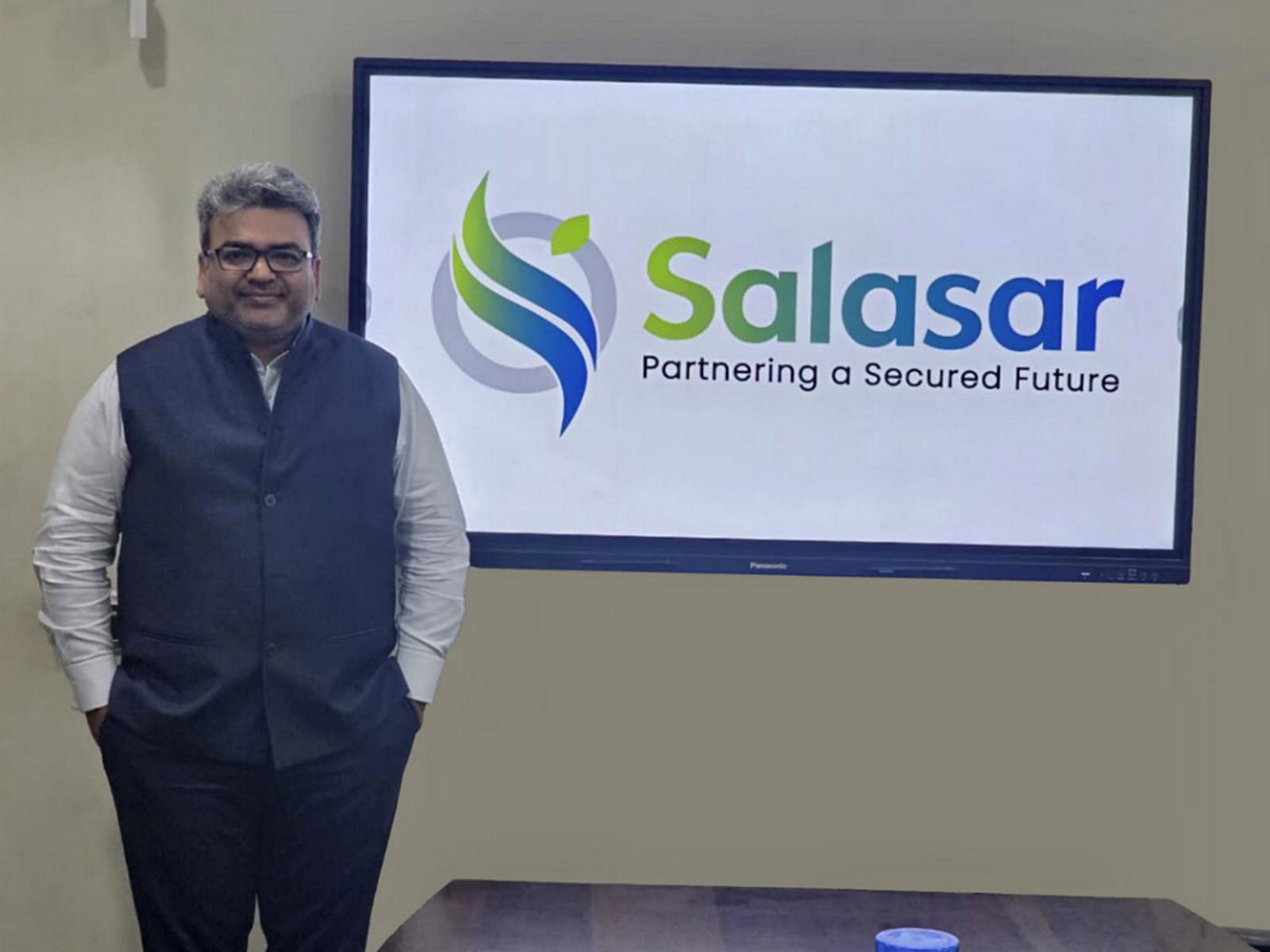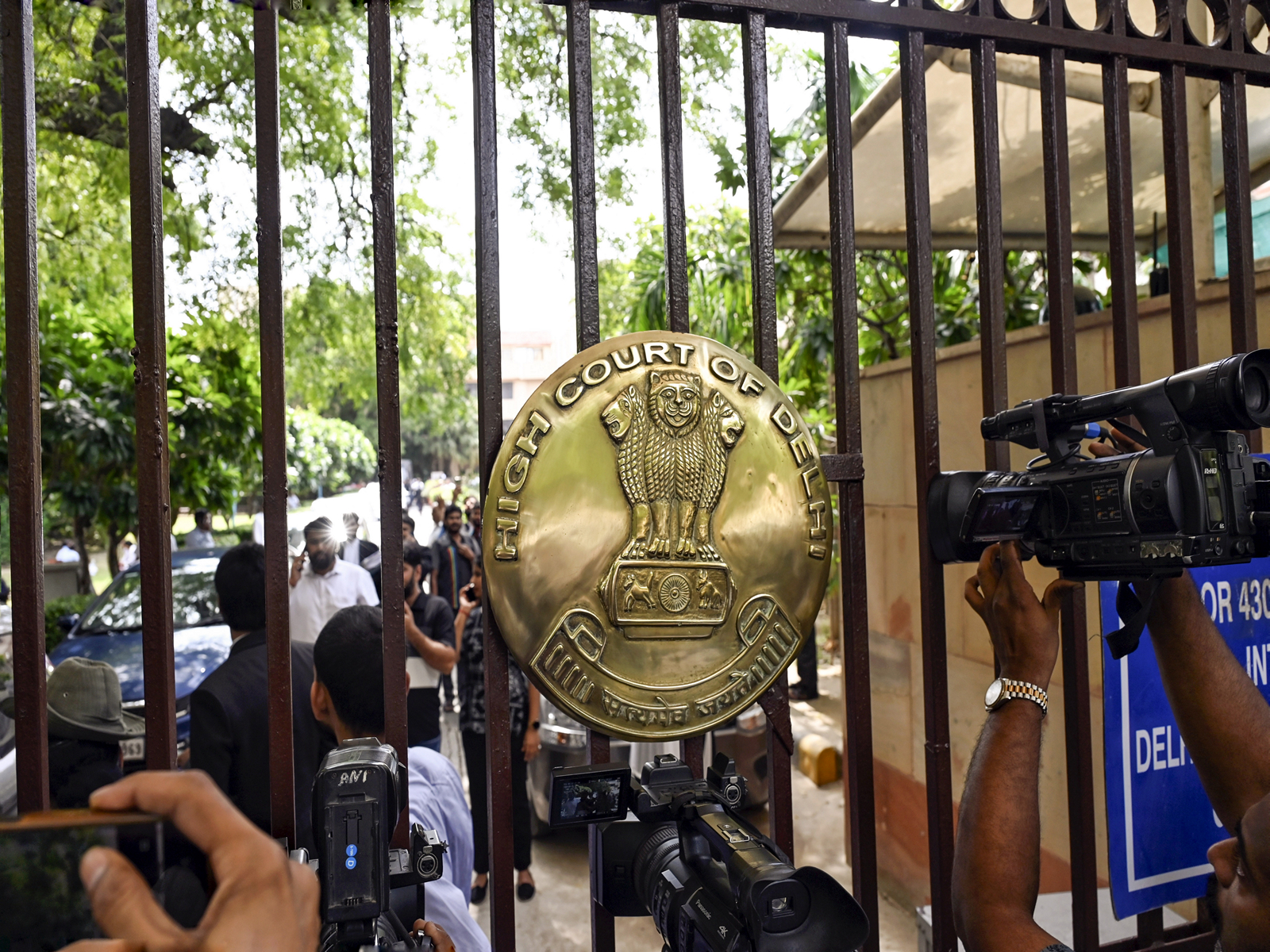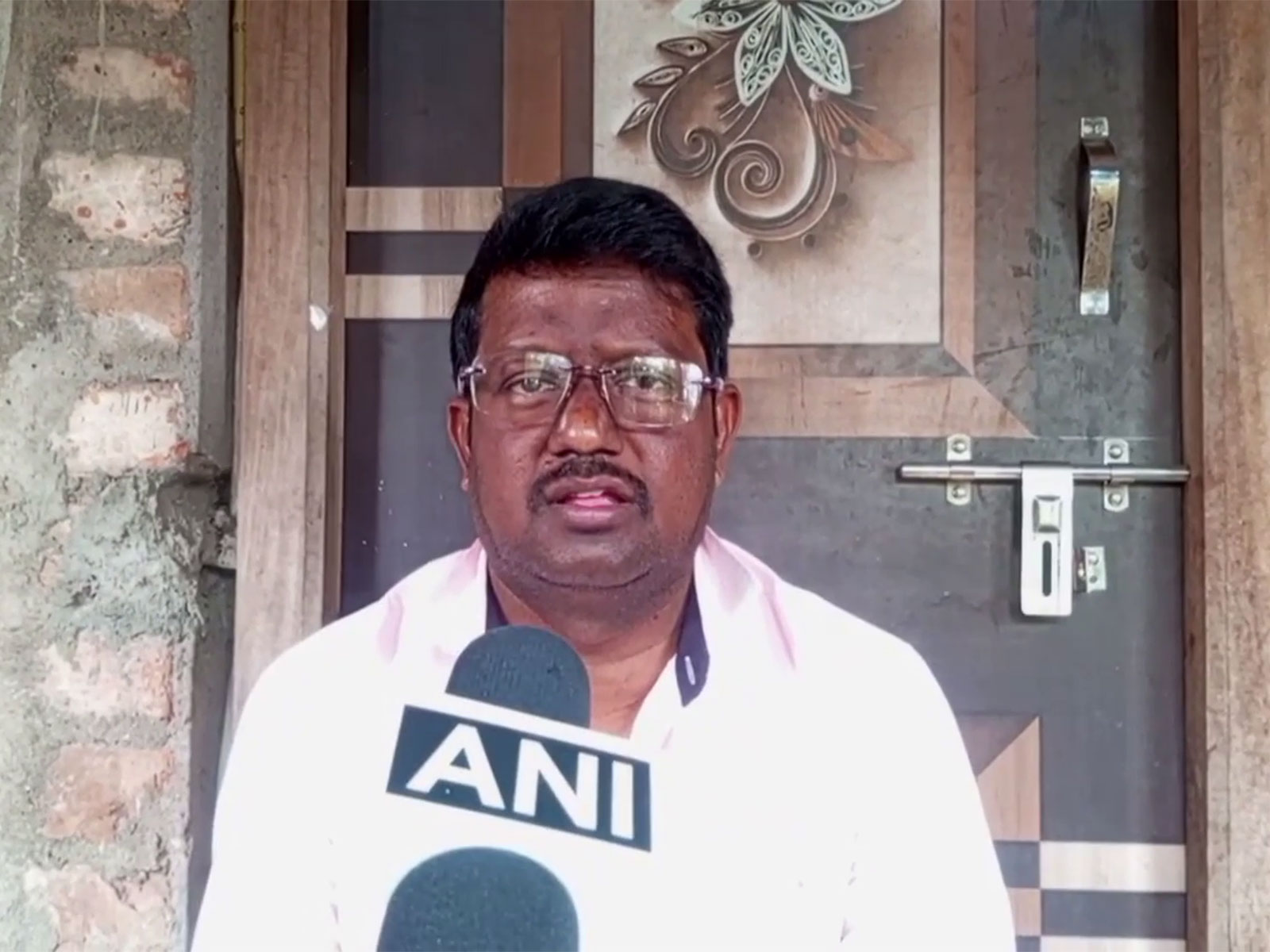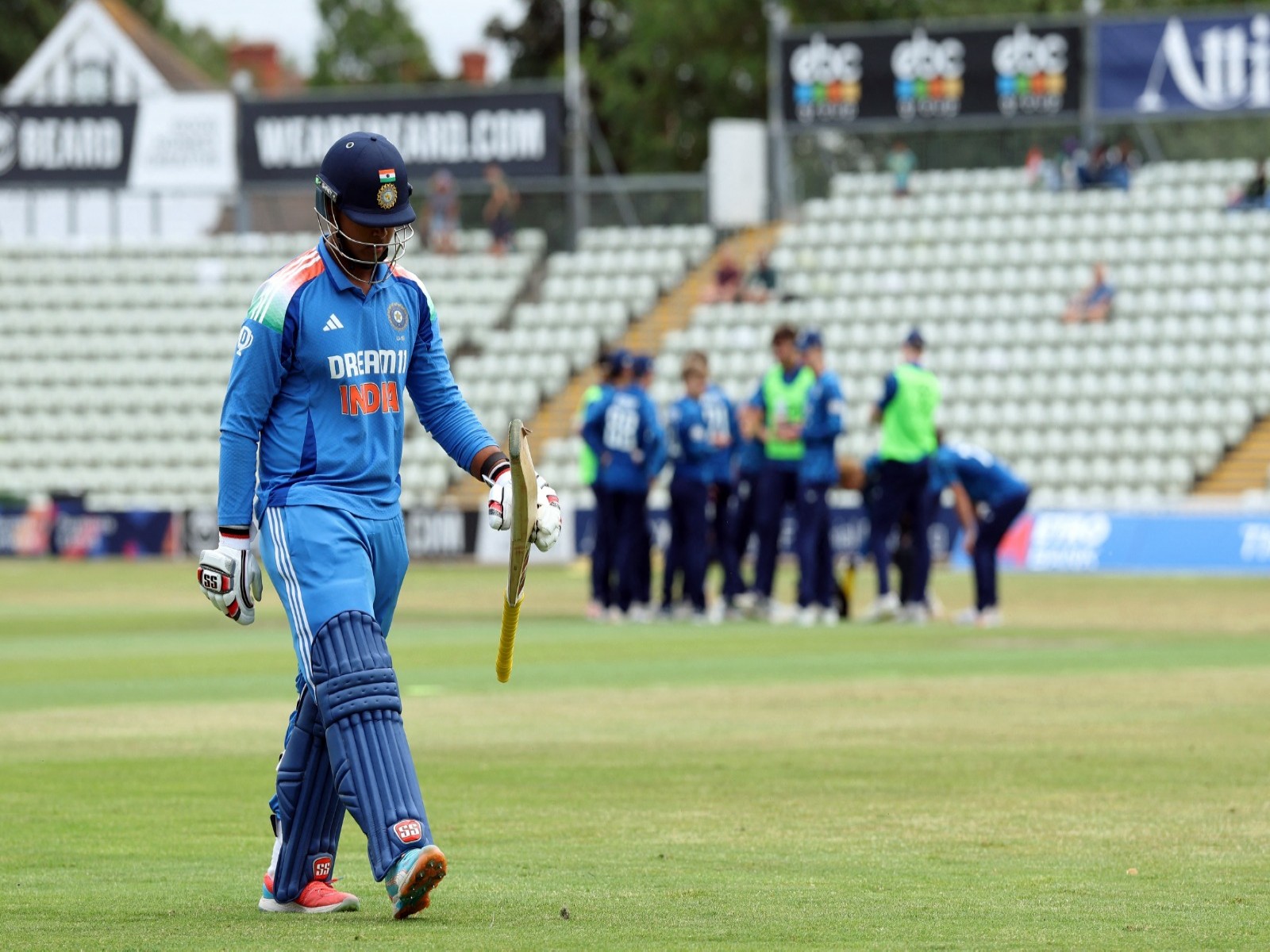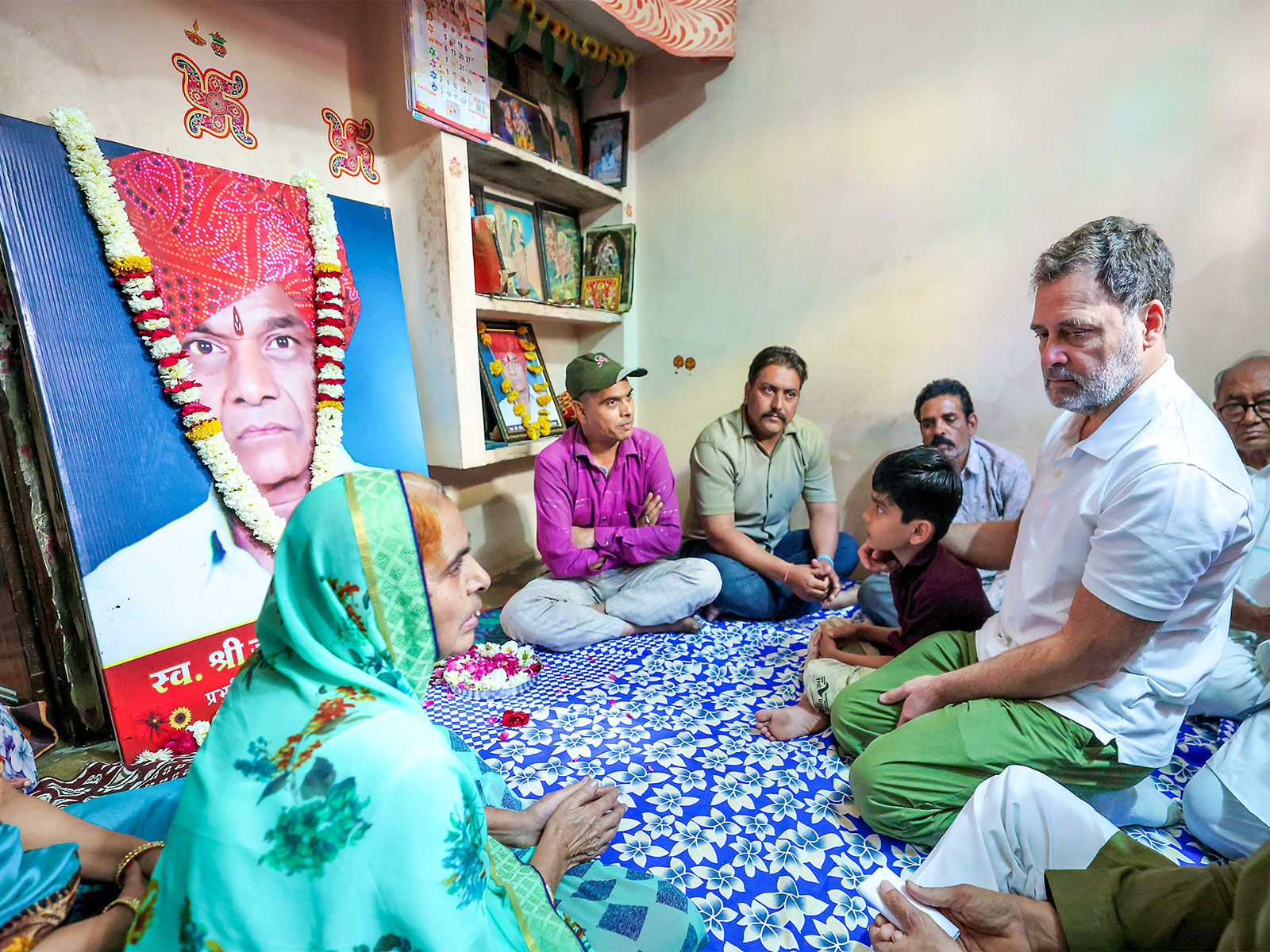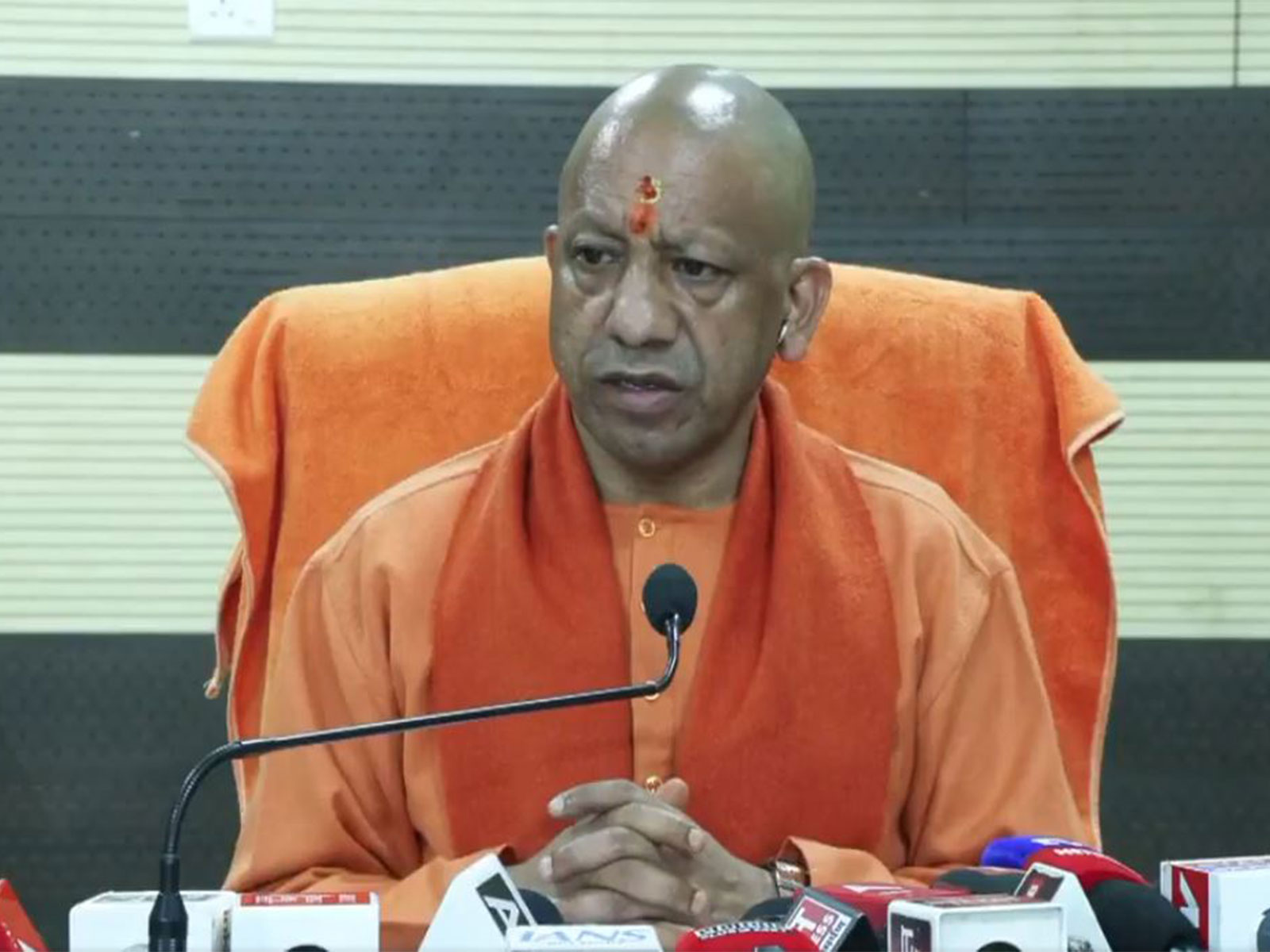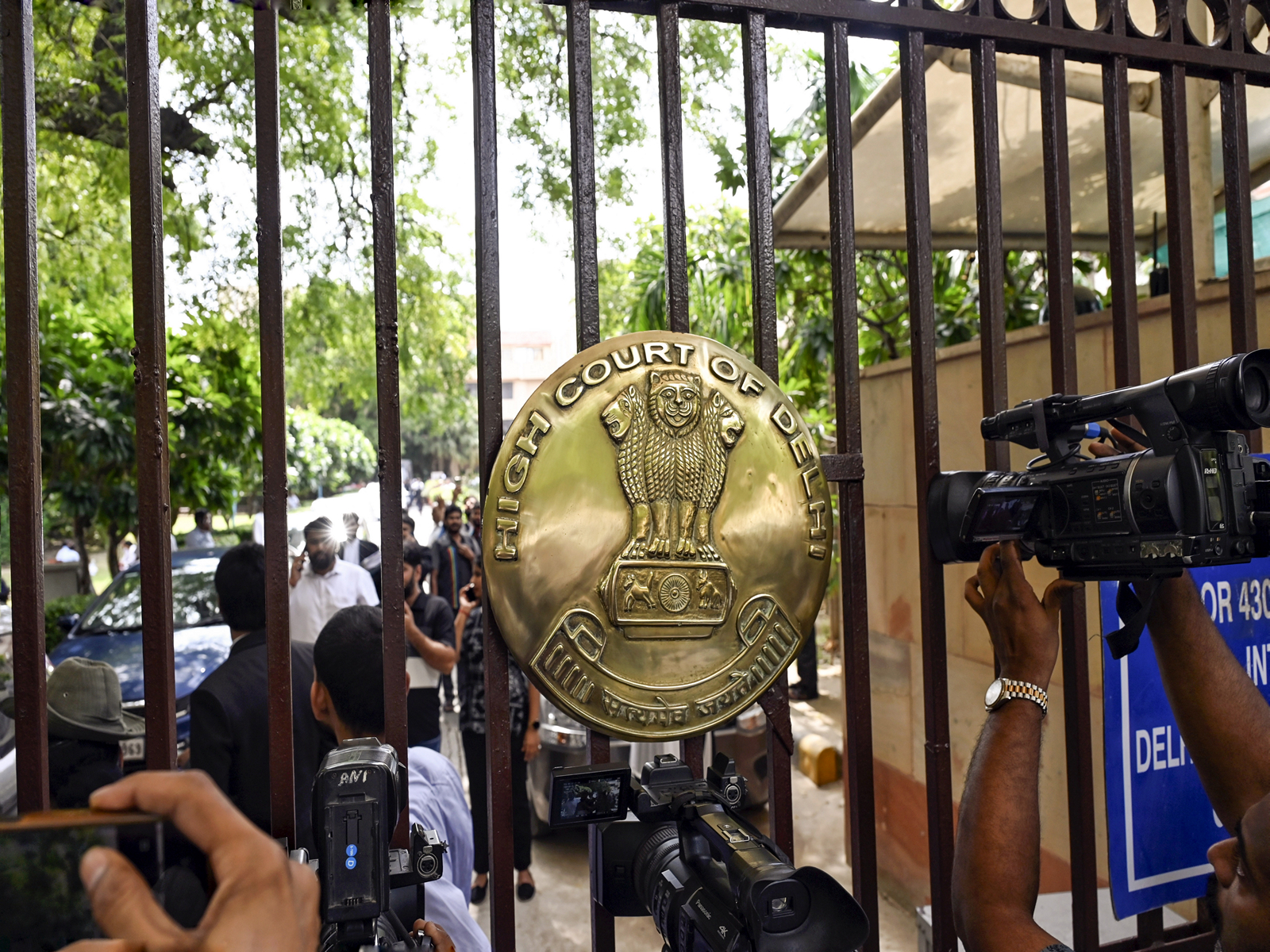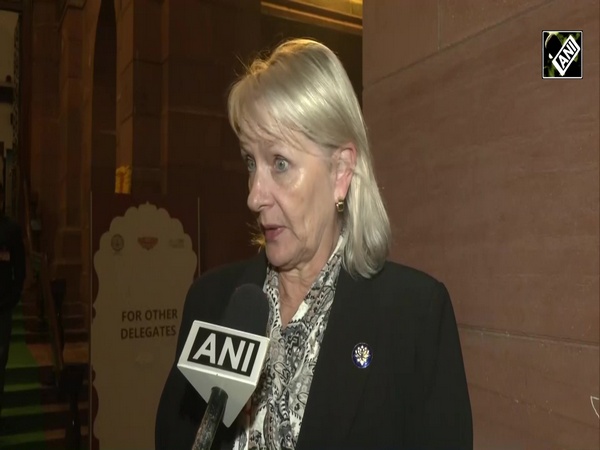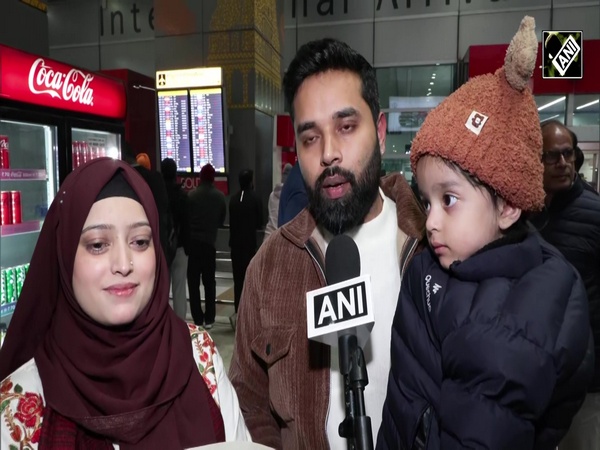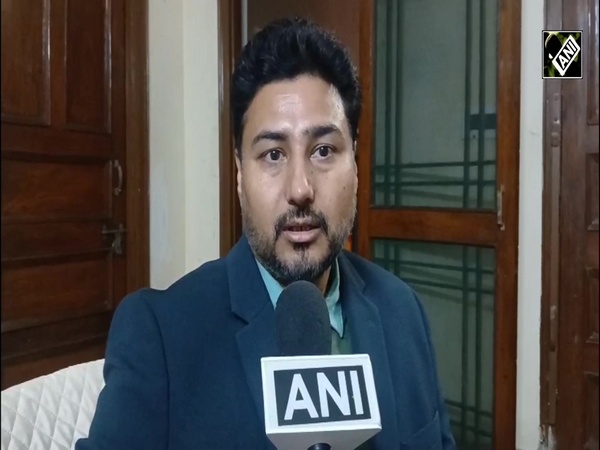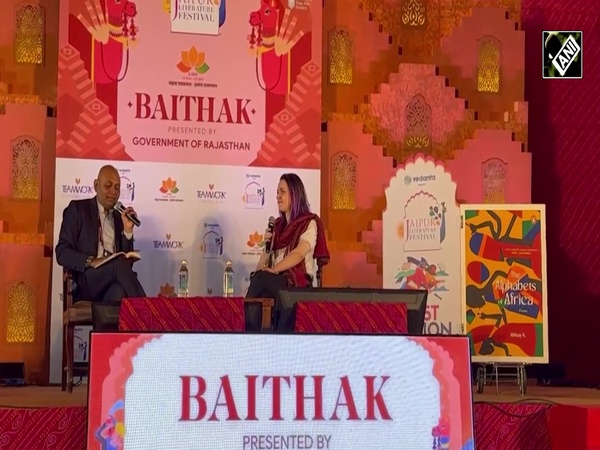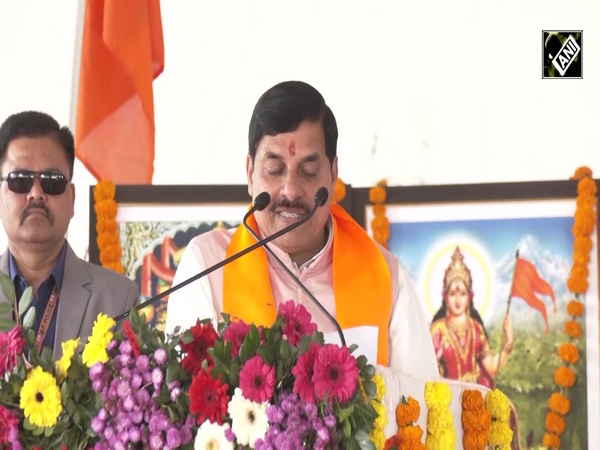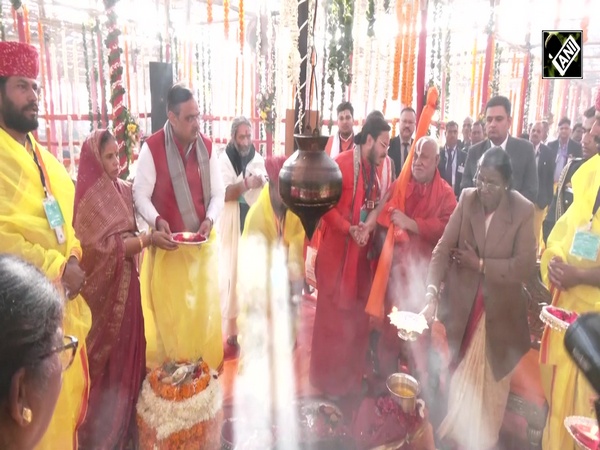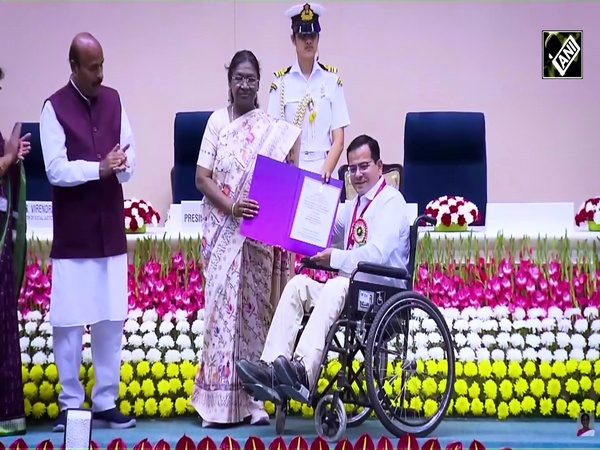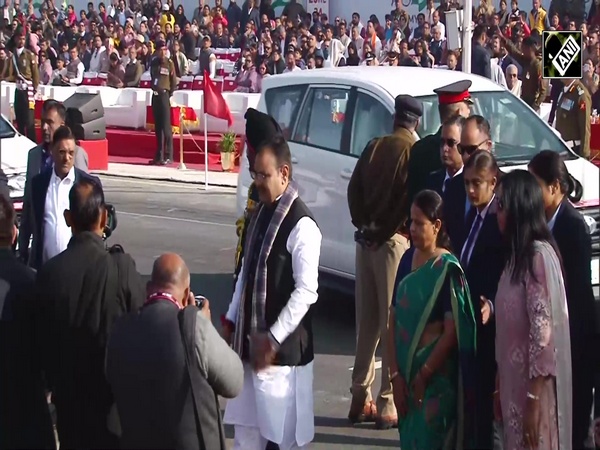Decoding warning signs of heart trouble and treatment
Jul 29, 2021

New Delhi [India], July 29 (ANI/Mediawire): A healthy heart is an indication of overall health. With our sedentary lifestyles and the coronavirus pandemic, heart care is now more important than ever.
In a webinar titled Heart Talks, organised by the Fortis Hospital and The Times of India, four eminent heart specialists Dr Govini Balasubramani (CVTS Surgeon), Dr Jyotirmaya Dash (Interventional Cardiologist), Dr Sai Surendar (Head of Emergency) and Dr Pradeep G Nayar (Interventional Cardiologist), doled out life-saving tips on heart care, importance of early screening, emergency treatment and more.

Unhealthy lifestyle choices can lead to heart disease, which is why younger people, too, are increasingly suffering from cardiac issues today. "Earlier, men above the age of 40 and post-menopausal women were vulnerable to heart diseases. But now, even men above 30 are at risk. Women, who have diabetes and a family history of premature Coronary Artery Disease (CAD), are also susceptible. Other risk factors include hypertension, childhood obesity, smoking, and sedentary lifestyle, "said Dr Pradeep.
Stress can play a huge role in aggravating heart health issues, pointed out Dr Sai. "Stress creates a platform for cardiac issues to advance further. And if the person has co-morbidities like hypertension, diabetes, this can speed up the process."
Elaborating on the stages of a heart attack and how it evolves gradually over a period of time, Dr Jyotirmaya said, "One must understand that Coronary Heart Disease doesn't happen all of a sudden. The process usually starts after the age of 25, when plaque starts building up in the arteries and gradually aggravates. Someone with a smoking history can develop a crack in the plaque and make it unstable, thus becoming vulnerable to heart attack. This disruption of the artery lining is the mother of all problems."
So, how does one pick up the signs early? "Screening is the best way, "stated Dr Govini. "A regular cardiac screening and basic investigation can pick up any suspicious activity and the patient can be subjected to an angiogram."
Throwing light on emergency care, Dr Sai said, "The first ten minutes after the patient is presented to us, is crucial. Top of the list is MI (Myocardial Infarction). The thumb rule is, 'All chest pains are not MI, but MI cannot be ruled out if there is chest pain'. When a person is wheeled in, there should be an emergency doctor who can recognise MI. We then follow the STEMI (ST-elevation myocardial infarction) protocol, where the treatment procedure is customised, right from the time the patient enters the emergency door. The first one hour from the occurrence of the cardiac event is called the golden hour. If appropriate action is taken during this period, the patient's life can be saved."
Echoing his thoughts was Dr Jyotirmaya, "At Fortis, we have a robust system of STEMI protocol. Once we get an alert about a patient with chest pain and we recognise MI, all emergency teams are activated. The patient is back in the ICU within an hour after the procedure. Arrhythmia usually happens during the golden hour. Never underestimate any symptom - be it breathing difficulty, chest pain or abdominal pain, which can mimic Gastroenteritis." Dr Govini informed, "If it especially happens late in the night or early in the morning, get to a hospital immediately and take an ECG. A small step can save your life."
Cardiac care innovations, too, have undergone a sea change, said Dr Jyotirmaya. "Right from the quality of stents, intravascular ultrasound and being able to send a camera inside the heart vessel to find out the nature of the block, cardiac care has evolved. Today, even if a 90-year-old patient comes with calcified lesions and arteries, we have the equipment to treat the patient." Dr Govini added, "In the case of transplants, where a heart from a brain dead person needs to be harvested and placed in another patient within five hours, we have great logistical support, good connectivity and mechanism."
Has medical management undergone any change after the coronavirus outbreak? "When we get a patient with chest pain, which is suggestive of a heart attack, we take a CT scan and a rapid antigen test (RAT). The STEMI protocols happen side by side. If the patient tests positive for RAT, we take all the precautions for COVID-19. The outcomes may differ for patients who test positive or negative for the virus. But the care taken remains the same, "said Dr Pradeep.
He added that during the pandemic, it's important to get vaccinated at the earliest. "No vaccine provides 100 percent protection against a disease. Vaccines available in India can provide around 80- 90 percent protection. Coronavirus is a virulent strain of the common cold virus. If you get vaccinated and if you contract COVID-19, it won't become life-threatening."
That said the doctors point out that to have a heart-healthy lifestyle, one needs to have a balanced diet, exercise, sleep well and provide adequate rest to the body.
This story is provided by Mediawire. ANI will not be responsible in any way for the content of this article. (ANI/Mediawire)
